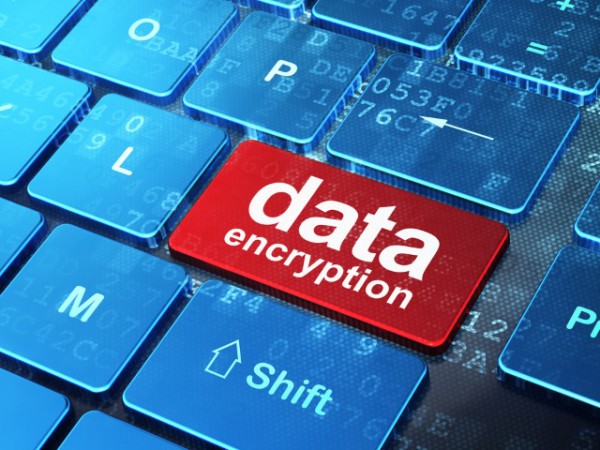Almost half of UK organizations now encrypt all their data

The increasing threat of data breaches and ransomware is leading more business to encrypt all of their data according to a new report.
The report, from hardware-encrypted USB drive maker Apricorn, is based on a study of 100 UK IT decision makers carried out by Vanson Bourne and finds 47 percent now require the encryption of all data both at rest and in transit.
The study also shows that 32 percent of organizations encrypt all data when it's stored on their systems or in the cloud. Only two percent don't currently see encryption as a priority.
It isn’t hard to see the reasons for this, 16 percent of the IT leaders surveyed admit that a lack of encryption has been the main cause of a data breach within their company, up from 12 percent in 2021. 24 percent also cite a rise in remote working as a driver for more encryption.
Jon Fielding, managing director EMEA at Apricorn, says, "It's encouraging to see encryption high up on corporate priority lists; messages about the crucial role it has to play in protecting sensitive information are clearly getting through. When data is encrypted, it's fully protected -- if an unauthorized individual gains entry to an IT system or picks up a device that's been left in an Uber, for instance, the information will remain unreadable."
Nearly three quarters (73 percent) of organizations now have a policy that requires the encryption of all data held on removable media, such as external hard drives and USBs. 27 percent actively enforce the encryption of data on mobile devices and removable media, while 42 percent only allow the use of removable storage devices if the data is hardware encrypted -- up from 33 percent last year.
"Built-in hardware encryption with onboard authentication affords stronger protection than software-based encryption, which can leave devices exposed to counter resets, software hacking, screen capture and keylogging," adds Fielding. "When held in a hardware crypto module, encryption keys are protected from brute force attacks and unauthorized access."
Find out more on the Apricorn site.
Photo credit: Maksim Kabakou / Shutterstock
